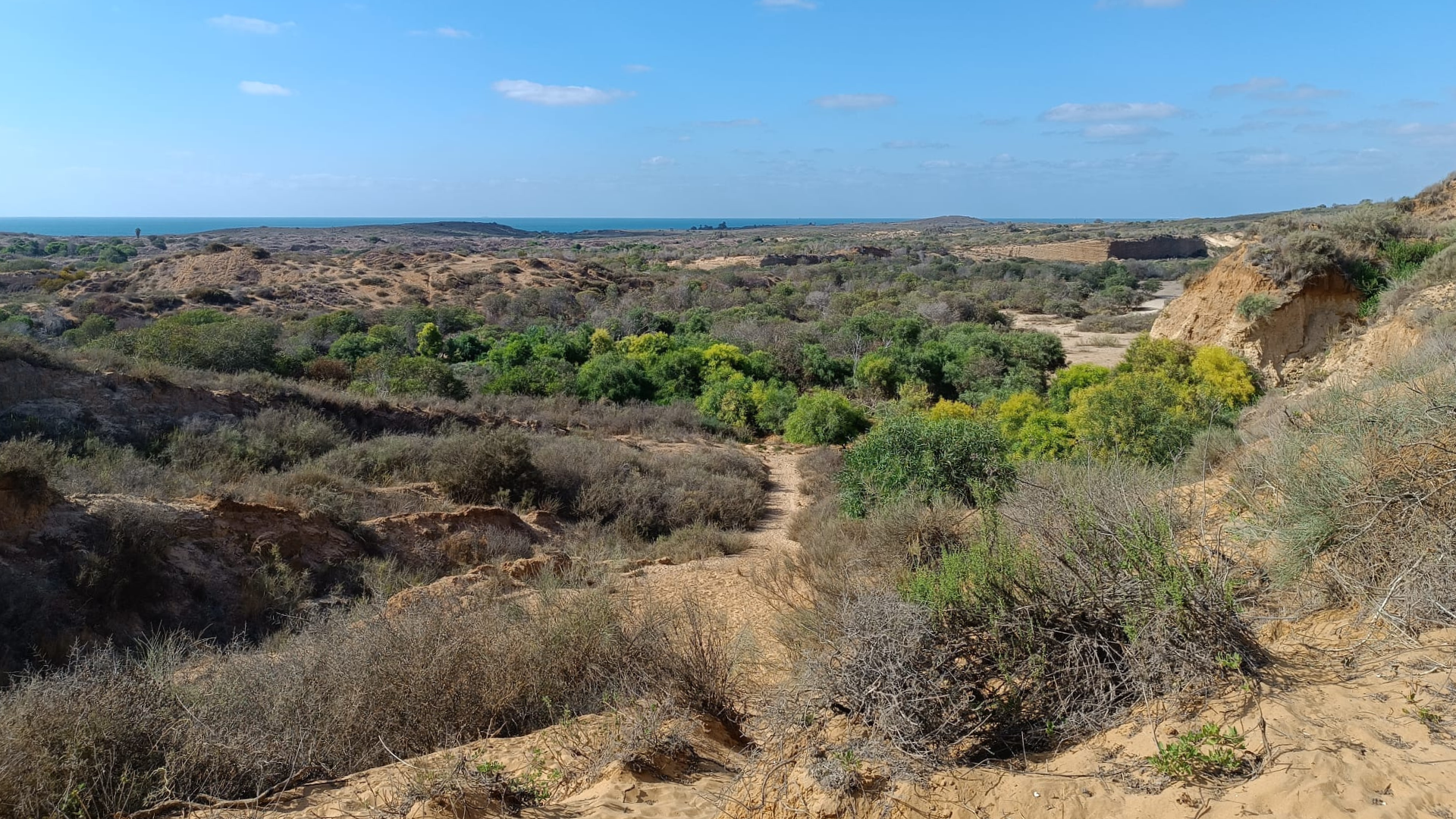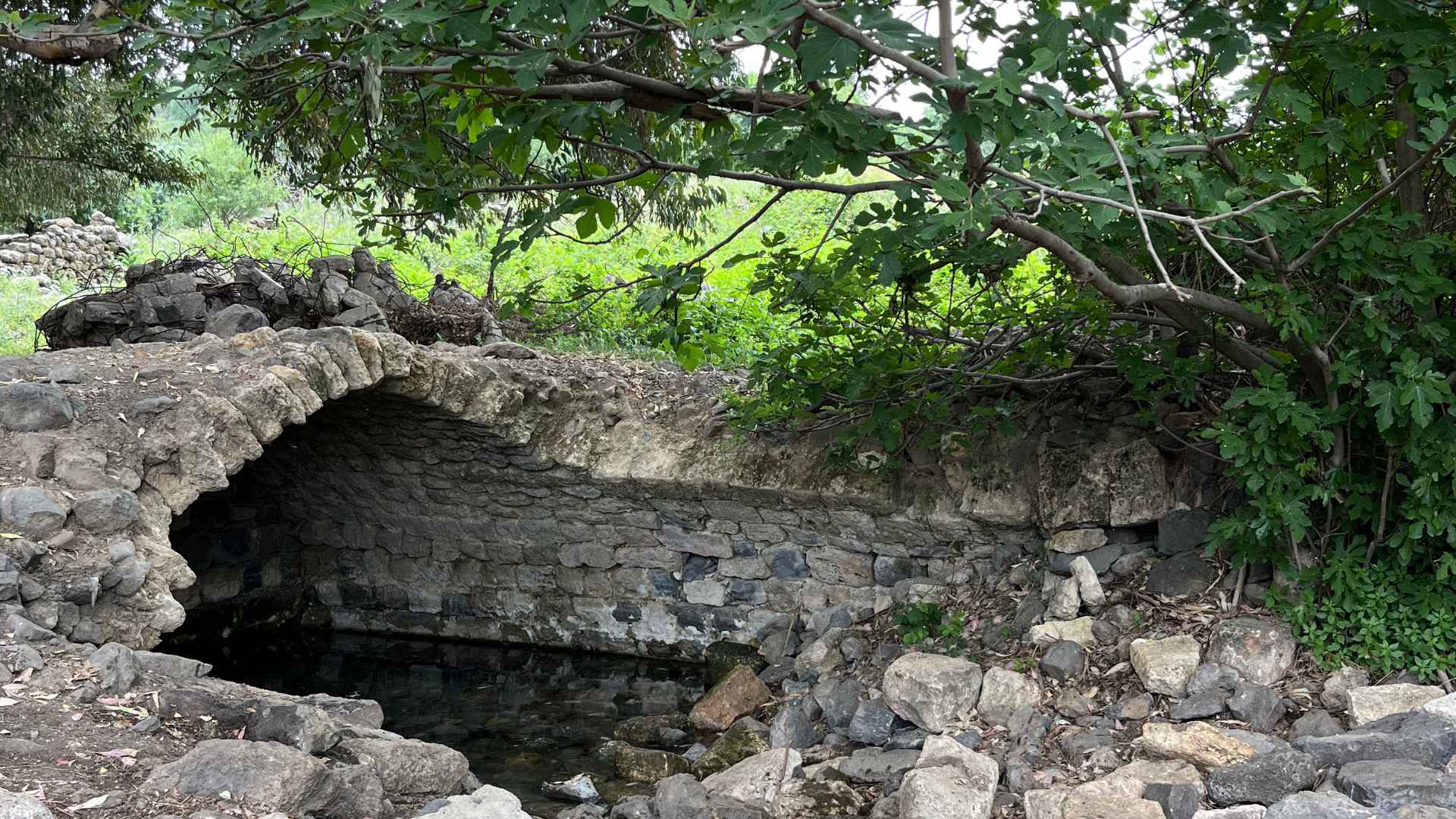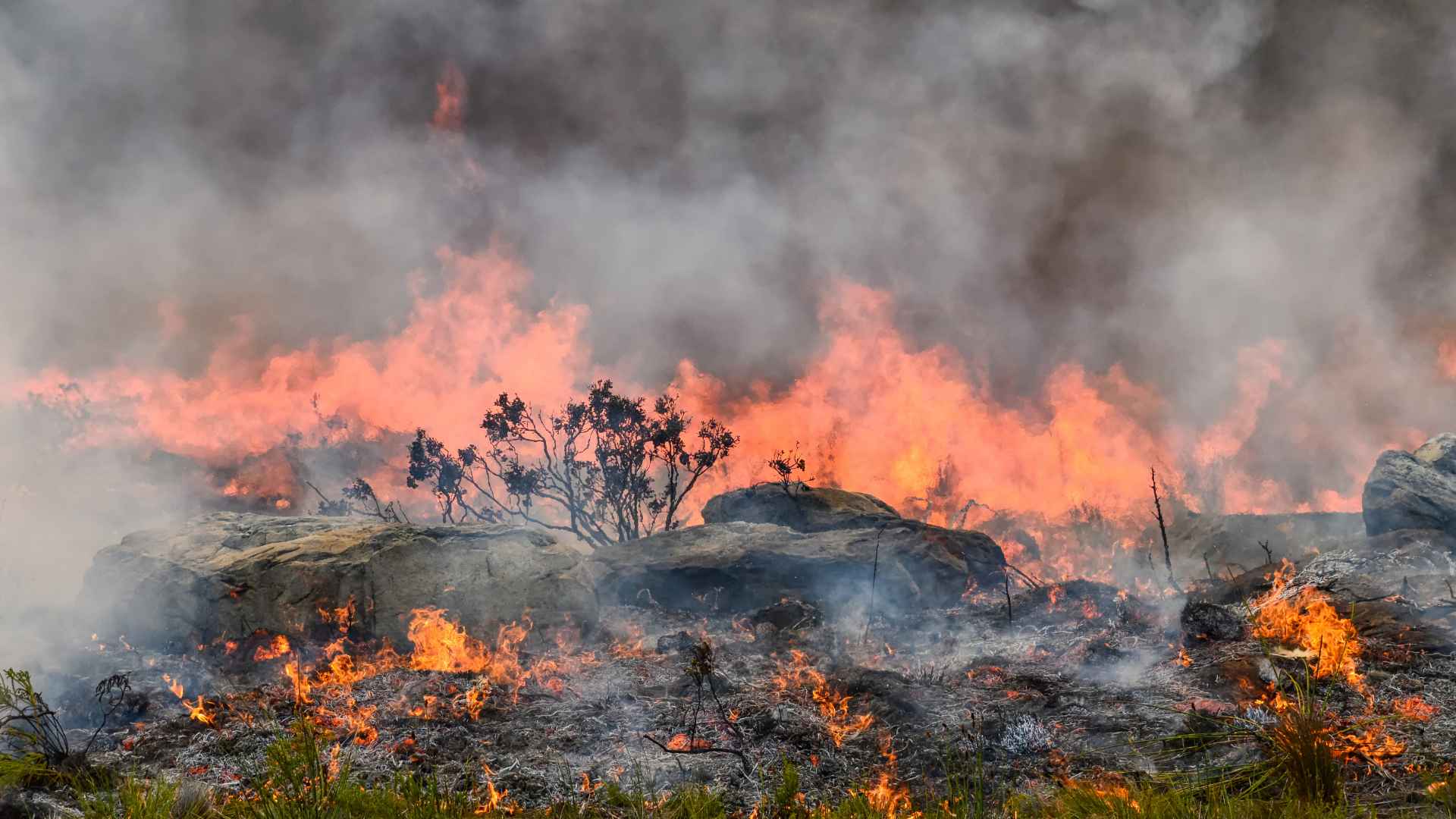The District Court in Beersheba has granted Adam Teva V’Din recognition as amicus curiae (friend of the court) in the case filed by the Ashkelon Union of Cities and others against the Europe Asia Pipeline Company (EAPC) and the Ministry of Environmental Protection. The company – known as ‘Katza’ in Hebrew – was responsible for the pipeline maintenance failure in 2014 that destroyed many acres of a pristine nature reserve at Evrona, in southern Israel.
Potential consequences of expanding EAPC’s capacity
The petitioners are concerned about the potential environmental and health consequences of the Ministry of Environmental Protection’s decision to expand EAPC’s oil storage capacity permit by 80%. Adam Teva V’Din’s chief scientist Dr. Aryeh Wenger details the Ministry’s faulty decision-making in approving the new permit, and points out that the increase could lead to benzene emissions surpassing those of Haifa, with significant cancer risks for Ashkelon residents. DHV Consultants submitted an estimate of the predicted economic costs of any future failure of the EAPC network.
However, any risks are not confined to Ashkelon. EAPC’s interconnected storage and transportation network holds high potential for spills and pollution across Israel, including the ecologically sensitive Gulf of Eilat. A spill, even moderate in scale, could cause billions in damages and irreparable harm to Israel’s marine environments and economy.
Next steps
Both EAPC and the Ministry of Environmental Protection have until the beginning of December to respond to the Ashkelon petition. Our opinion as amicus curiae will highlight the need to balance public health safeguards and environmental protection against short-term industrial gains.






